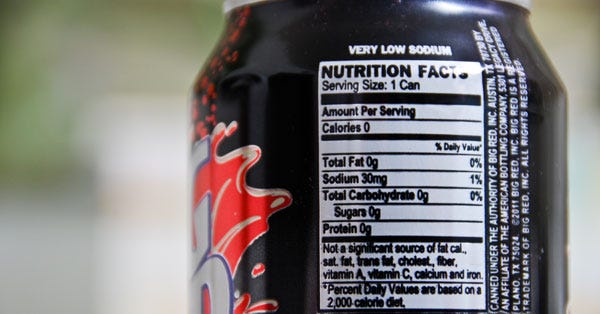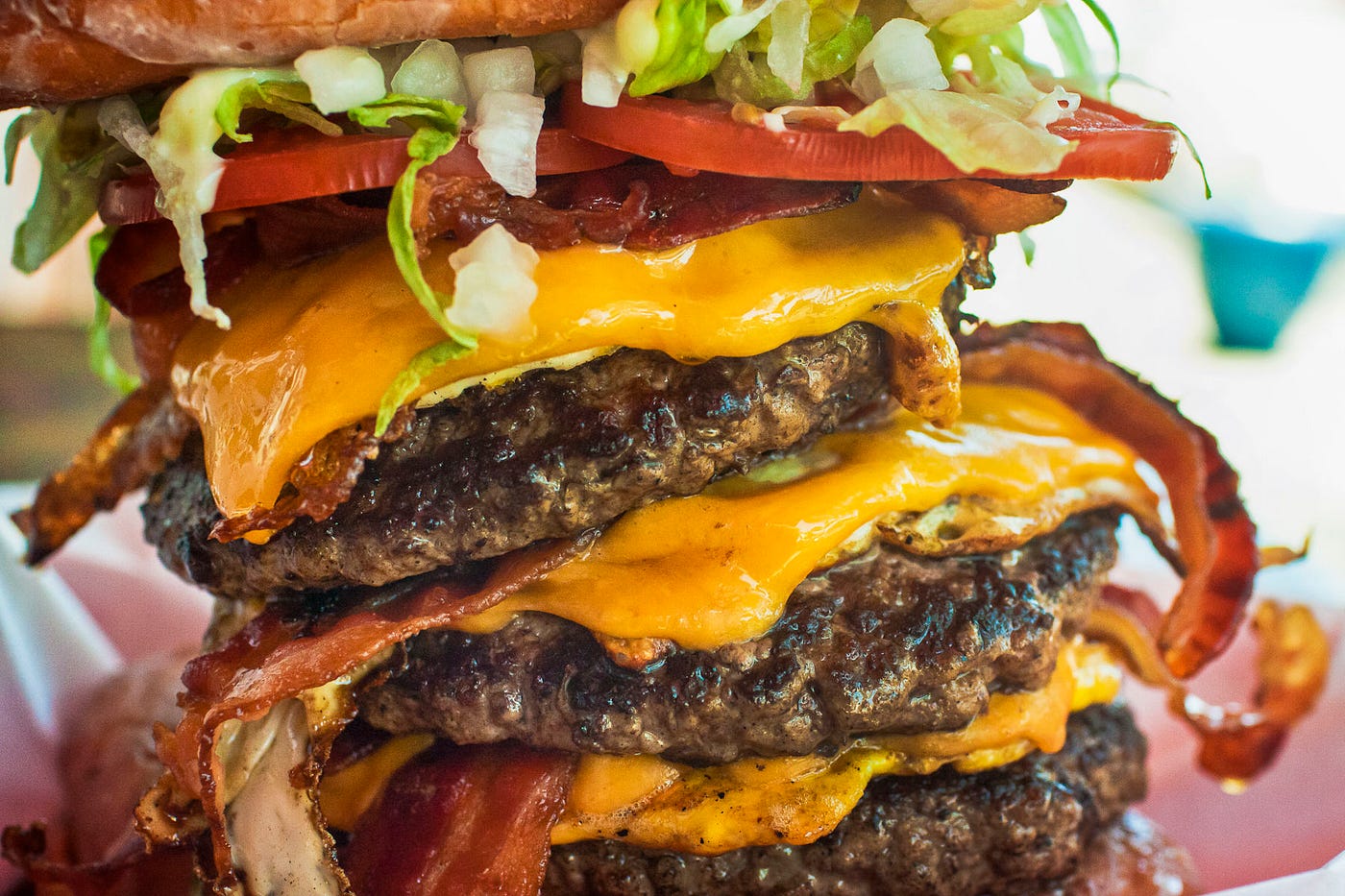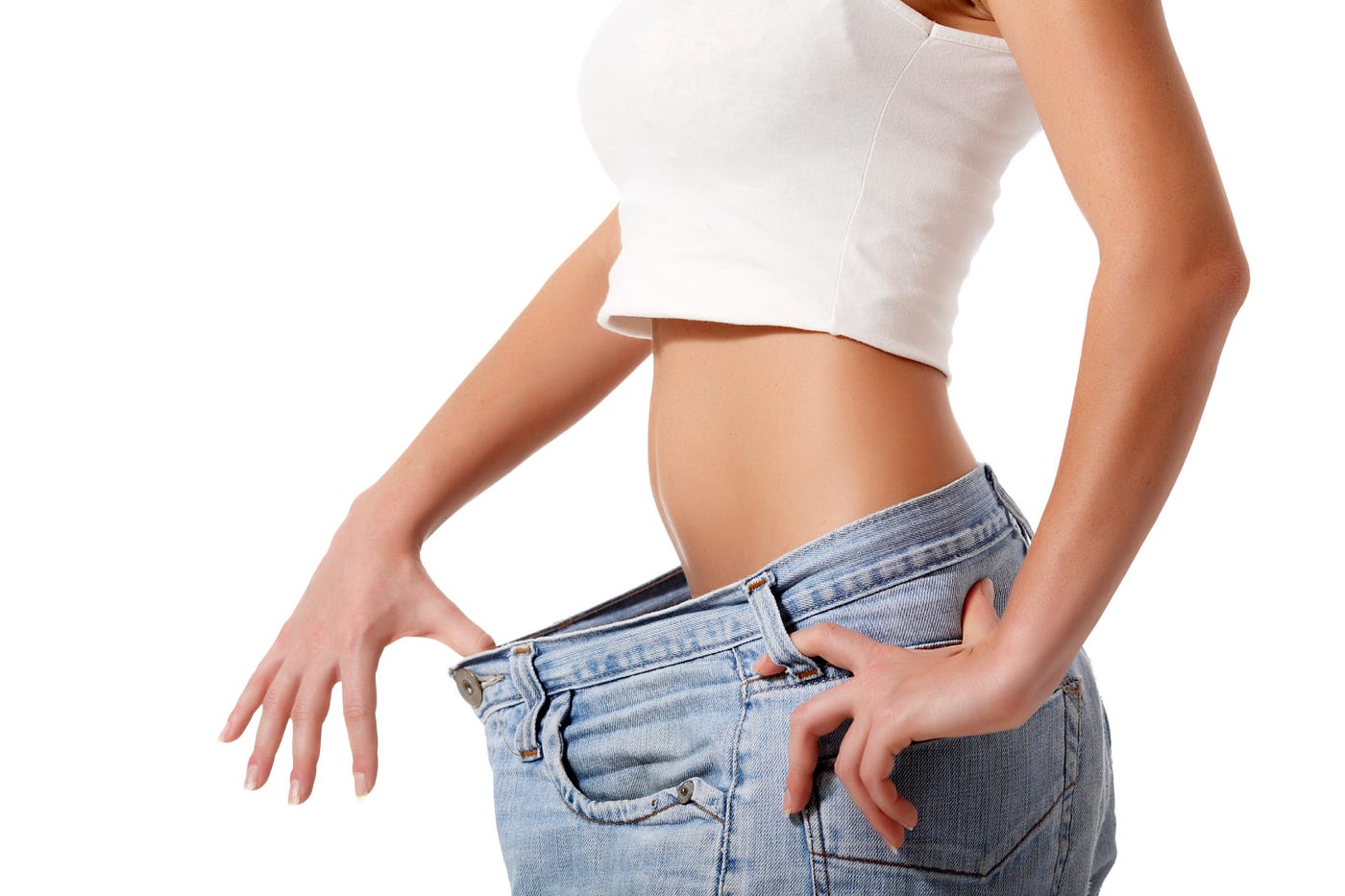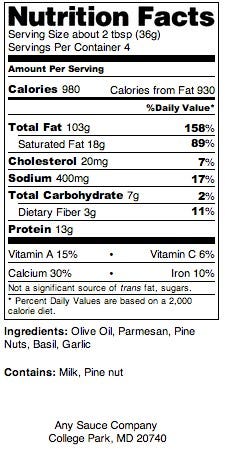- The Formula
- Posts
- Formula #031: 7 surprising reasons why counting calories is nonsense (and what to do instead)
Formula #031: 7 surprising reasons why counting calories is nonsense (and what to do instead)
Welcome back to another edition of the formula.
In today's issue, you'll learn:
Quote of the day
7 reasons why counting calories is complete and utter nonsense
How to use my simple BPE framework instead
Read time: 3:50 minutes.
Let's dive in.
Quote of The Day

The problem creates the solution.
What stands in the way becomes the way.
The universe deliberately sends us tests to see if we’re ready to upgrade.
Are you?
7 Reasons Why Counting Calories is a Complete and Utter Nonsense
#1 Calorie counts have nothing to do with the nutritional content of the food

The number of calories has nothing to do with the nutritional content of the food.
Take zero calorie sodas for example.
These drinks legally contain no calories, however, they contain artificial sweeteners, which have been linked to gut and neurological disorders among a long list of other negative health effects.
We should be asking ourselves questions such as,
“What minerals are contained in the food?”
“Are there vitamins in the food?”
“Are there any toxic chemicals or preservatives in the food which could potentially harm our bodies?”
The calorie count listed on the food label will not answer any of these questions, which is why much less emphasis should be placed on calorie counts.
This labelling of calories on food packaging is designed to distract us from the only part of the package that actually matters.. the ingredients.
#2 Calories are not an accurate metric for the amount of energy food provides to the body

Let take a 1000 calorie cheeseburger as an example.
How would most people feel after eating that cheeseburger?
Would they be ready to go straight to the gym?
Of course not.
They would most likely be laying on the couch, allowing time for it to digest properly and more than likely experience a dip in energy.
So something containing a lot of potential heat energy, expressed as 1000 calories, doesn’t necessarily give our body more energy.
At the same time, less calories do not convert to the food having more health benefits, as was explained with the example of zero calorie soft drinks.
Plain and simple, the correlation between calories and the amount of energy garnered from food, is quite low.
#3 Eating the daily recommended value for calories does not mean we will be healthy
So is there some kind of middle ground, an optimal level of calories per day such as the guideline of eating around 2,000 calories per day?
The answer is no, because it depends on where those calories are coming from.
If all 2,000 calories are coming from processed foods or refined sugars, there will definitely be negative long term health consequences, even though we are eating the recommended amount of calories.
There are different types of fats, carbs and proteins, some of which have health benefits and some of which are harmful.
You must recognise that calorie counts do not take this information into account.
#4 Eating less calories does not necessarily help us lose weight

Calories do not give any useful information about the effects the food will have on our bodies.
Calories are simply a measure of the potential energy, in terms of heat, contained in the food.
Again, it all depends on the source of the calories.
There is no optimum level of calories.
There are foods which work for our body, and there are foods that do not.
By choosing foods that our body wants and needs, we will lose weight if that is our intention, regardless of how many calories we are consuming.
More on how you can do this using my BPE framework coming up shortly.
#5 Calorie counts may be completely inaccurate
Calorie counts are no longer determined by burning foods in a bomb calorimeter, as this would be too expensive and time consuming for food companies.
Food companies now use averages to calculate calories. Here is how it works:
1 gram of fat = 9 kcal
1 gram of protein = 4 kcal
1 gram of carbohydrates = 4 kcal
So if a food contains for example, 5g of fat, 8g of protein and 9g of carbohydrates, the amount of calories listed on the label would be calculated as follows:
Calories from fat: 5g X 9 kcal= 45 kcal
Calories from protein: 8g X 4 kcal= 32 kcal
Calories from carbs: 9g X 4 kcal= 36 kcal
Total calories: 45 kcal+ 32 kcal + 36 kcal = 113 kcal
So the calorie count of the food is never actually measured, it’s derived from averages and does not even take into account the fact that there are a vast array of different proteins, carbs and fats, all of which have different levels of calories.
#6 There’s really no such thing as “burning calories”

We can’t burn something that does not physically exist.
Since a calorie is not a physical substance, saying we are burning calories makes no sense.
What’s actually happening is that our body is breaking down proteins, carbs and fats into very small pieces so that those substances can be absorbed into the bloodstream and used by your cells for energy.
Different substances require different amounts of energy for our body to break them down.
There is a very low correlation between how many calories something contains and how much energy our body needs to break that substance down into a usable form.
For example, there are many different types of proteins and each of these different types require different digestive processes in the body.
Calorie counts on food labels simply list “Protein”, and do not take into account the sources of those proteins.
#7 We actually generate energy by acquiring electrons through a process called, “Redox Potential”
Redox potential, as explained by Dr. Doug Wallace, is a vital process that generates energy within your body's cellular power plants, the mitochondria.
It's crucial for maintaining optimal health and cellular function.
By transferring electrons through a chain reaction (via the electron transport chain), your body efficiently creates ATP, the primary source of energy that powers your every action.
Dr. Jack Kruse emphasizes the role of sunlight and electrons from the earth in optimizing redox potential.
By absorbing natural light, whole food and grounding yourself, you can enhance the efficiency of these energy-generating processes, ultimately boosting your overall health and well-being.
Electrons, not calories are what fuels the mitochondria (and therefore the entire state and vitality of your body).
Instead of counting calories, use my simple B.P.E Framework
What's that?
• Big breakfast
• Prioritise animal protein
• Eat between sunrise to sunset
Let's break it down.
1. Big breakfast.
Tim ate at least 80g of animal protein within 90 mins of waking.
This usually included a mixture of:
• Eggs
• Yoghurt
• Collagen
• Goat's whey
This helps boost metabolism, optimise hormone function and raise testosterone.
2. Prioritise Animal Protein
The benefits of a high animal protein diet include:
• Contains testosterone boosting ingredients
• Highly bioavailable nutrients
• Maintains satiation for 5+ hrs
• Contains almost no toxins
• Helps you avoid snacking
• Easy to digest

Why eat between sunrise to sunset?
Light signals to your body it's appropriate to eat.
When it's dark, this signals to your body that it's time to rest.
Eating when it's dark leads to:
• weight gain
• blood sugar issues
• hormone problems
Picking a window like 7 am to 7 pm is usually a good starting point.
That’s all for this Monday.
If you’re not getting value out of these tips, please consider unsubscribing.
I won’t mind and there are no hard feelings.
Alternatively, if you enjoy this newsletter, the best compliment you could pay me is to share it with others on Twitter.
Otherwise, see you again next week - same time, same place.
Your, Simmo.
P.S: 2 client wins from this week, below.


P.S.S:
If you are struggling with:
Low energy
Erectile issues
Sleep problems
Insecurity around women
Low self-esteem or confidence
Body-conscious (skinny or overweight)
Odds are, you may have low testosterone.
If you’d like to have an informal, confidential chat about your situation to better understand whether my 6-pillar system may be appropriate for you.
Book a free discovery call here.